

Welcome to the Tec Corp Stone Inc. Shop! Explore our extensive selection of premium stones, from elegant marble to durable granite. Whether you’re planning a renovation or a new build, find the perfect materials to elevate your space. Shop now for high-quality stones and bring your design dreams to life.
Porcelain countertops are one of the fastest-growing stone surfaces in Toronto & GTA, known for their ultra-thin profiles, exceptional durability, and modern aesthetic. Unlike traditional natural stone, porcelain slabs are non-porous, highly heat-resistant, and UV-stable, making them suitable for both indoor and outdoor applications. From contemporary kitchen countertops and waterfall islands to wall cladding and custom stone features, porcelain offers a sleek, architectural look with minimal maintenance. Explore our curated selection of porcelain slabs designed for modern Canadian homes and commercial spaces.
Showing 1–12 of 95 results
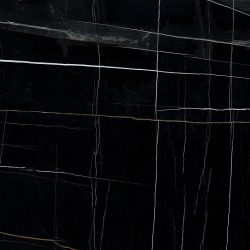

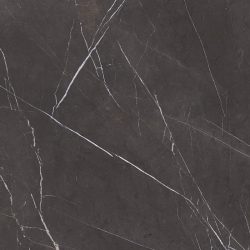
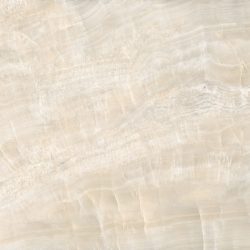
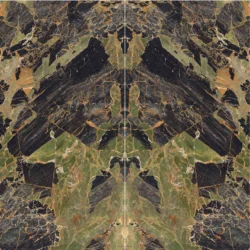
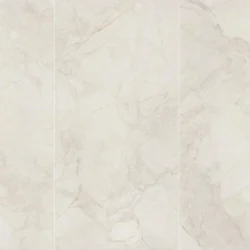
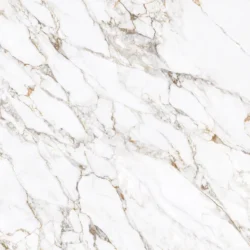
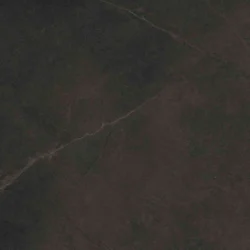
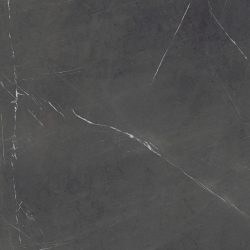
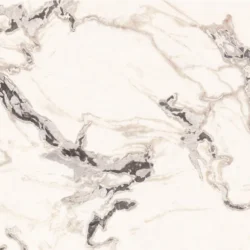
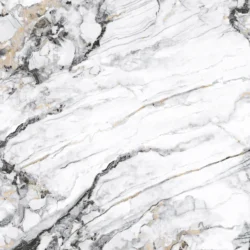

Porcelain has rapidly become one of the most advanced countertop materials used in Toronto & the Greater Toronto Area. Engineered through high-temperature sintering, porcelain slabs are created by compressing natural minerals under extreme heat, resulting in a surface that is exceptionally strong, non-porous, and dimensionally stable. This manufacturing process gives porcelain performance characteristics that often exceed those of natural stone.
One of the key advantages of porcelain countertops is their resistance to heat, scratches, stains, and UV exposure. Unlike quartz, porcelain can safely handle hot cookware without discoloration or damage, making it a strong option for busy kitchens and cooking-intensive households. For this reason, porcelain is increasingly used in kitchen countertop installations across Toronto, Vaughan, Oakville, and Mississauga.
Porcelain slabs are typically available in ultra-thin formats (6mm, 9mm, or 12mm), allowing for applications that are difficult or impossible with thicker stone materials. These thin profiles enable full-height backsplashes, waterfall islands, integrated panels, and wall cladding with clean, modern lines. In Toronto condos and contemporary homes, this slim profile helps reduce visual bulk while maintaining structural strength.
Because porcelain is lightweight compared to granite or marble, it is particularly well-suited for high-rise installations where weight restrictions apply. Many downtown Toronto projects choose porcelain for this reason, especially when installing large kitchen islands or vertical applications.
Unlike natural stone, porcelain is completely non-porous. It does not require sealing and will not absorb liquids, oils, or bacteria. This makes porcelain an excellent choice for hygienic environments such as kitchens, bathrooms, healthcare spaces, and food-prep areas. Cleaning requires only mild soap and water, with no need for specialty stone sealers.
For homeowners comparing materials, porcelain is often evaluated alongside quartz and granite. While quartz offers consistency and granite provides natural variation, porcelain stands out for its heat tolerance, scratch resistance, and minimal maintenance requirements.
One of porcelain’s biggest advantages is its ability to perform equally well indoors and outdoors. UV resistance prevents fading, while low water absorption makes it resistant to freeze-thaw cycles common in Ontario’s climate. As a result, porcelain is widely used for outdoor kitchens, BBQ areas, patios, and exterior wall cladding.
In residential projects, porcelain is frequently paired with kitchen island countertops or integrated into custom architectural features through professional fabrication. Its versatility allows designers and homeowners to maintain material consistency across multiple spaces.
When selecting a countertop material for Toronto & GTA homes, porcelain is often compared to quartz, granite, marble, and quartzite. Each material has its own strengths, but porcelain occupies a unique position due to its engineered performance and modern appearance.
Quartz is a popular engineered stone known for its consistency and low maintenance, but it has limitations when exposed to high heat. Porcelain, on the other hand, can withstand direct contact with hot cookware without damage. This makes porcelain a preferred option for homeowners who cook frequently or use high-heat appliances.
From a design perspective, porcelain slabs can replicate the look of marble, concrete, or natural stone while maintaining uniformity across large surfaces. This makes it ideal for contemporary kitchens, feature walls, and minimalist interiors.
Granite and marble offer natural beauty and unique veining, but they require periodic sealing and more attentive maintenance. Porcelain delivers a similar high-end aesthetic without the long-term upkeep. For homeowners who appreciate the look of natural stone but prefer a low-maintenance lifestyle, porcelain provides a practical alternative.
In luxury projects, porcelain is often combined with natural stone elements through custom stone fabrication, allowing for creative design solutions that balance performance and visual impact.
Porcelain is especially popular in new builds and renovations across Toronto, North York, Richmond Hill, and Oakville, where modern architecture and clean lines dominate interior design trends.
Despite its strength, porcelain requires specialized cutting, handling, and installation techniques. Precision equipment and experienced fabricators are essential to achieve clean edges, accurate miters, and proper structural support. When fabricated correctly, porcelain delivers exceptional performance and longevity.
Whether used as a primary countertop surface or as part of a larger design concept, porcelain countertops represent one of the most advanced and future-proof material choices available for Toronto & GTA homes in 2026.

At Tec Corp Stone Inc., we pride ourselves on delivering exceptional craftsmanship and unmatched quality. With years of experience in stone fabrication, our dedicated team ensures every project is executed with precision and care. We offer personalized service, innovative solutions, and a commitment to customer satisfaction. Choose us for your stone needs and experience the Tec Corp Stone Inc. difference.